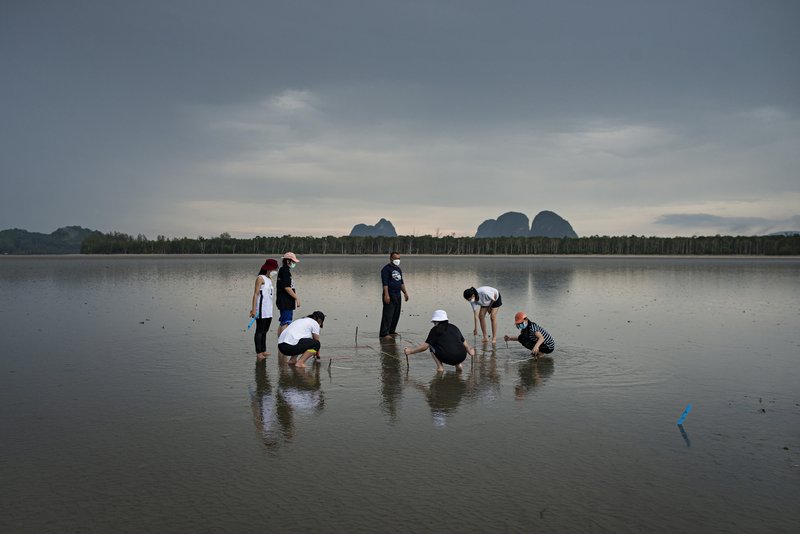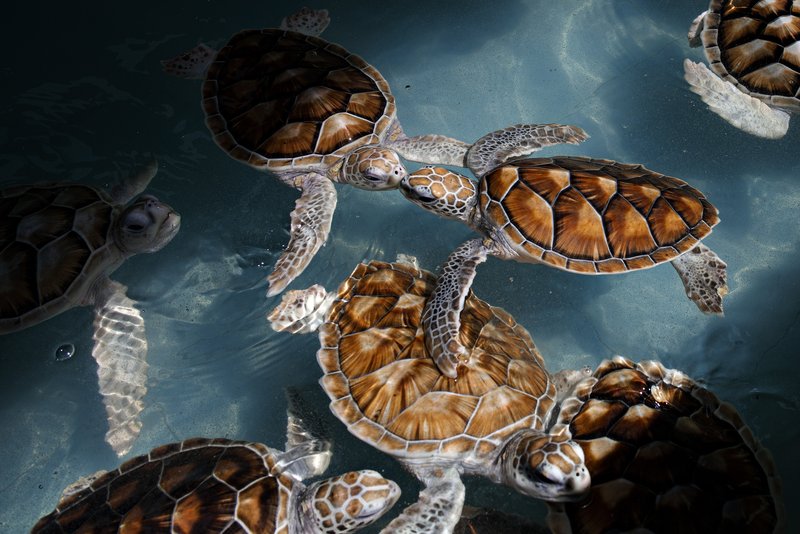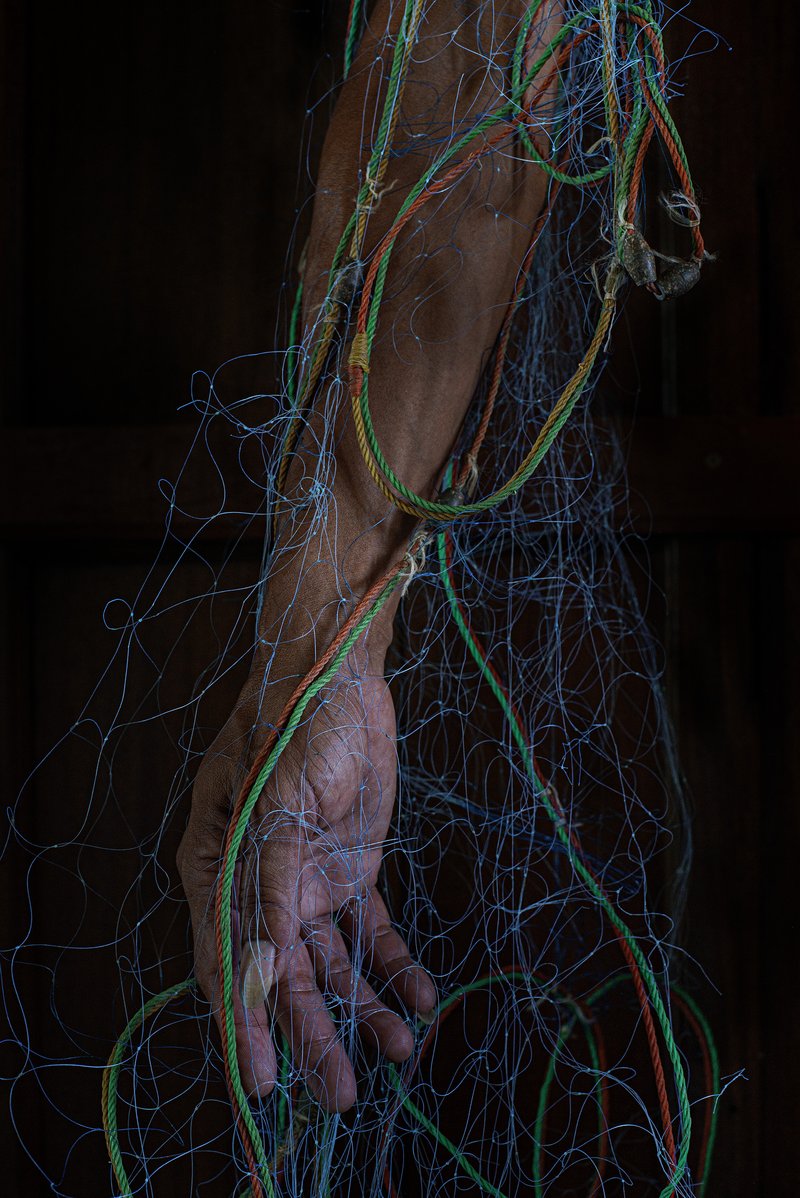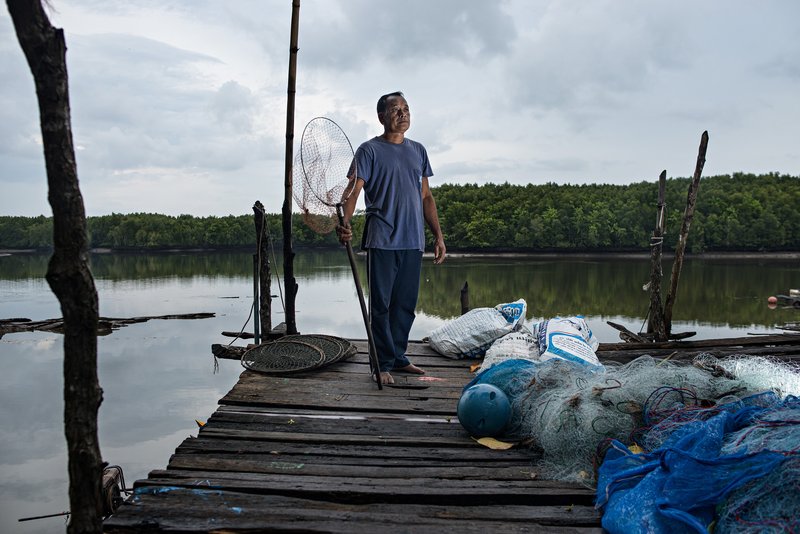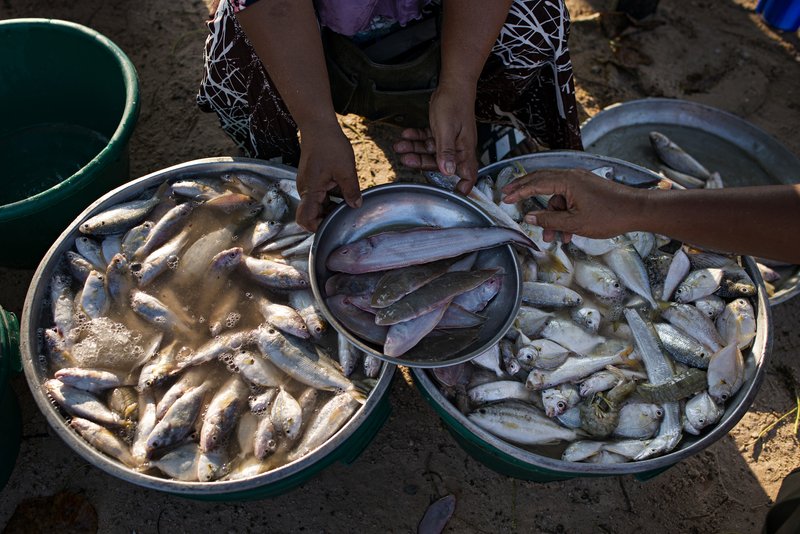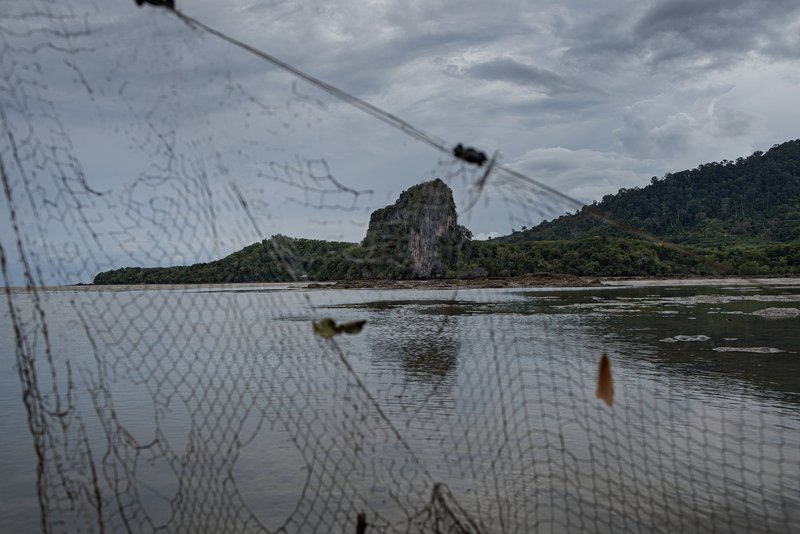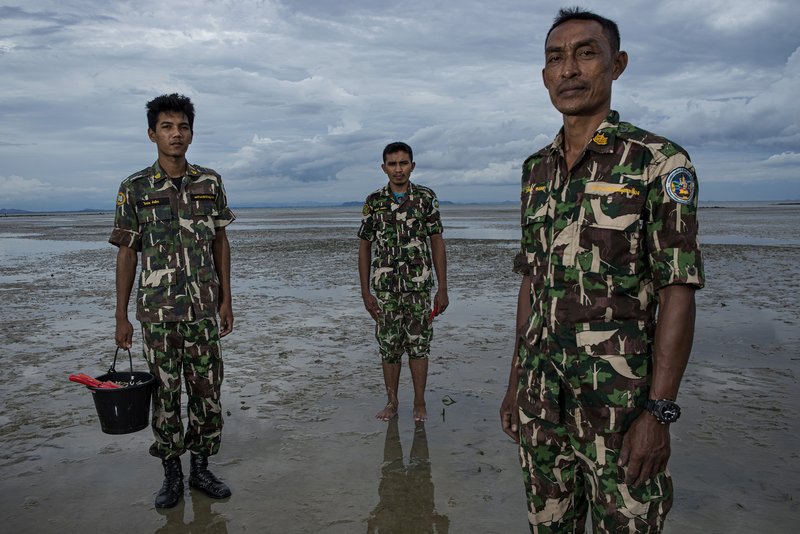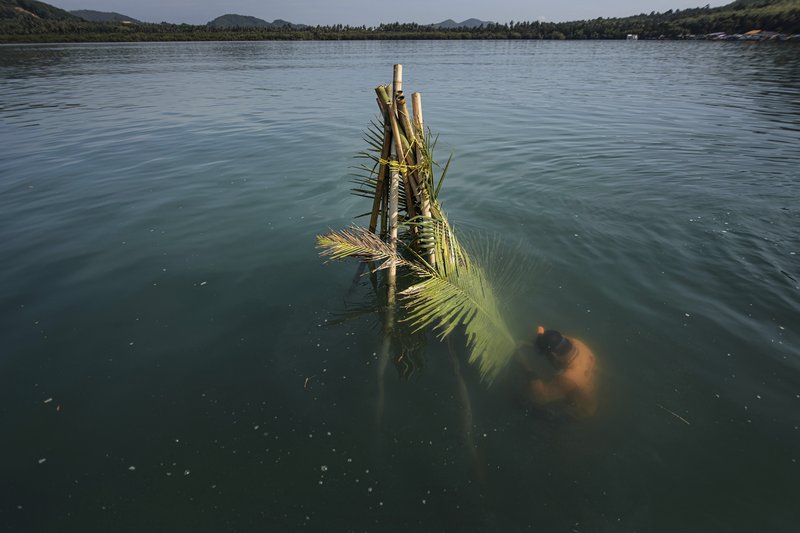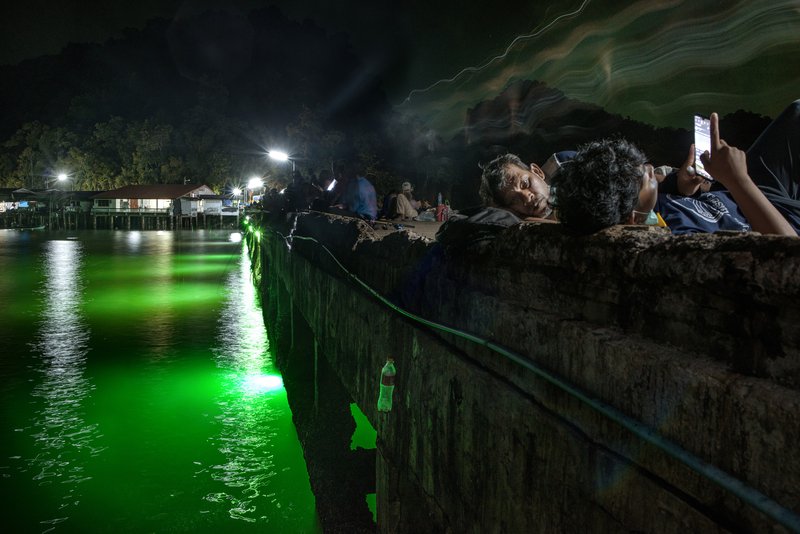Award of Excellence: Symbiosis
This premier category recognizes a photographer’s long-term story, project, or essay that explores issues related to the environment, natural history, or science. This could include a facet of human impact on the natural world, scientific discovery, coverage of plant or animal habitat, climate concerns, or similar topics.
Symbiosis
The ocean covers 71% of the planet's surface. It feeds us, protects us and absorbs more than 90% of the excess heat generated by global warming. It is an inestimable source of economic, social and cultural wealth - 3 billion people depend on marine and coastal biodiversity for their livelihoods. Yet, according to predictions, tropical coral reefs may disappear by the turn of the century, and by 2050 there could be more plastic in the ocean than fish. Oceans and coasts are vital allies in the fight against climate change, with coastal system such as mangroves, salt marshes and sea grass meadows absorbing CO2 emissions at rates up to 50 times those of the same area of tropical forest. According to IPCC reports, South East Asia has been classified as one of the regions most vulnerable to climate change, with Thailand and Indonesia in the top ten most affected Countries. The health of the oceans in this area is in serious decline: climate change related phenomena and anthropological stressors such as pollution, overfishing practices and continued urbanization along coastlines have destroyed 40% of coral reefs and approximately 60% of coastal mangroves, while fish stocks continue decline and consumption pattern remain unsustainable. These and other pressures exacerbate climate-Induced ocean acidification and warming and weaken the capacity of the oceans to mitigate the Impacts of climate change. Global climate change is also contributing to sea-level rise, which affects coastal communities resulting in greater disaster risk, internal displacement and international migrations. Beyond that, these combined phenomena threaten the fishing industry on which 200 million people in the Indo Pacific depend for food and jobs. Symbiosis investigate how climate change related phenomena as well as anthropological stressors affect firsthand the marine environment and the life of the indigenous coastal communities. To stimulate a proactive debate without generate a feeling of surrender and despair, a central part of the project is dedicated on the positive solutions that both local communities and scientific authorities are undertaking in order to preserve the health of the marine ecosystem for our future. The final aim is building an archive of the changes of our time, inspiring stakeholders to increase positive actions aimed to the preservation of the marine environment for the generations to come.
Symbiosis
The ocean covers 71% of the planet's surface. It feeds us, protects us and absorbs more than 90% of the excess heat generated by global warming. It is an inestimable source of economic, social and cultural wealth - 3 billion people depend on marine and coastal biodiversity for their livelihoods. Yet, according to predictions, tropical coral reefs may disappear by the turn of the century, and by 2050 there could be more plastic in the ocean than fish. Oceans and coasts are vital allies in the fight against climate change, with coastal system such as mangroves, salt marshes and sea grass meadows absorbing CO2 emissions at rates up to 50 times those of the same area of tropical forest. According to IPCC reports, South East Asia has been classified as one of the regions most vulnerable to climate change, with Thailand and Indonesia in the top ten most affected Countries. The health of the oceans in this area is in serious decline: climate change related phenomena and anthropological stressors such as pollution, overfishing practices and continued urbanization along coastlines have destroyed 40% of coral reefs and approximately 60% of coastal mangroves, while fish stocks continue decline and consumption pattern remain unsustainable. These and other pressures exacerbate climate-Induced ocean acidification and warming and weaken the capacity of the oceans to mitigate the Impacts of climate change. Global climate change is also contributing to sea-level rise, which affects coastal communities resulting in greater disaster risk, internal displacement and international migrations. Beyond that, these combined phenomena threaten the fishing industry on which 200 million people in the Indo Pacific depend for food and jobs. Symbiosis investigate how climate change related phenomena as well as anthropological stressors affect firsthand the marine environment and the life of the indigenous coastal communities. To stimulate a proactive debate without generate a feeling of surrender and despair, a central part of the project is dedicated on the positive solutions that both local communities and scientific authorities are undertaking in order to preserve the health of the marine ecosystem for our future. The final aim is building an archive of the changes of our time, inspiring stakeholders to increase positive actions aimed to the preservation of the marine environment for the generations to come.



